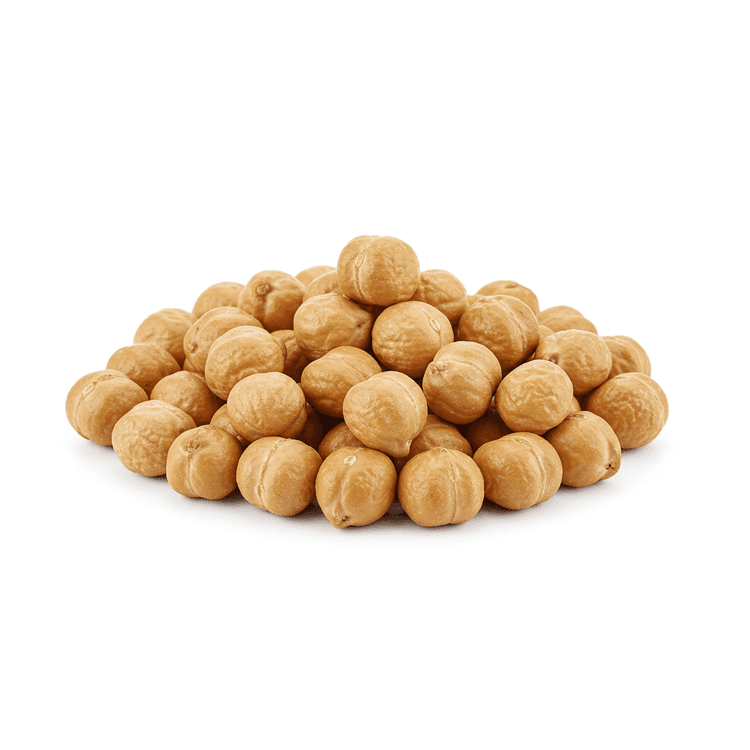
Vegetable Curry
Vegetable curry is a vibrant and flavorful dish made with a medley of fresh vegetables simmered in a rich, aromatic curry sauce. The specific vegetables included can vary widely, but common additions include potatoes, cauliflower, peas, carrots, spinach, bell peppers, and green beans. The curry sauce itself is typically a blend of spices like turmeric, cumin, coriander, ginger, garlic, and chili peppers, creating a complex and warming flavor profile. Vegetable curry can range in texture from chunky to smooth, depending on the preparation method, and its appearance is characterized by a colorful mix of vegetables coated in a golden-brown or reddish-hued sauce. This versatile vegetarian dish is a popular choice for a healthy and satisfying meal.
Common Uses
- Vegetable curry is often served as a main course alongside rice or naan bread, providing a complete and satisfying meal. - It's a popular choice for vegetarian and vegan diets, offering a nutritious and flavorful alternative to meat-based dishes. - Vegetable curry can be customized with different vegetables and spice levels to suit individual preferences, making it a highly adaptable recipe. - Leftover vegetable curry can be easily reheated and enjoyed the next day, making it a convenient meal prep option. - Many people enjoy vegetable curry as a side dish, pairing it with grilled meats or other curries to create a diverse and flavorful meal. - Some variations of vegetable curry may include coconut milk or cream for a richer, creamier sauce.
Health Benefits
- Rich in vitamins and minerals from diverse vegetables, supporting overall health.
- High in fiber, promoting healthy digestion and gut health.
- May help lower blood pressure and cholesterol due to potassium and antioxidants.
- Can boost immunity with vitamins A and C, protecting against illness.
- Plant-based protein source, contributing to muscle maintenance and satiety.
- Low in calories and fat, aiding in weight management.
Substitutes
Chefadora AI is here.
Experience smarter, stress-free cooking.
Storage Tips
Vegetable curry is best stored in an airtight container in the refrigerator. Properly stored, it can last for 3-4 days. Ensure the curry has cooled completely before refrigerating. For longer storage, freeze the curry in freezer-safe containers or bags for up to 2-3 months. When ready to use, thaw overnight in the refrigerator or reheat directly from frozen.
Marnirni-apinthi Building, Lot Fourteen,
North Terrace, Adelaide, South Australia, 5000
Australia


